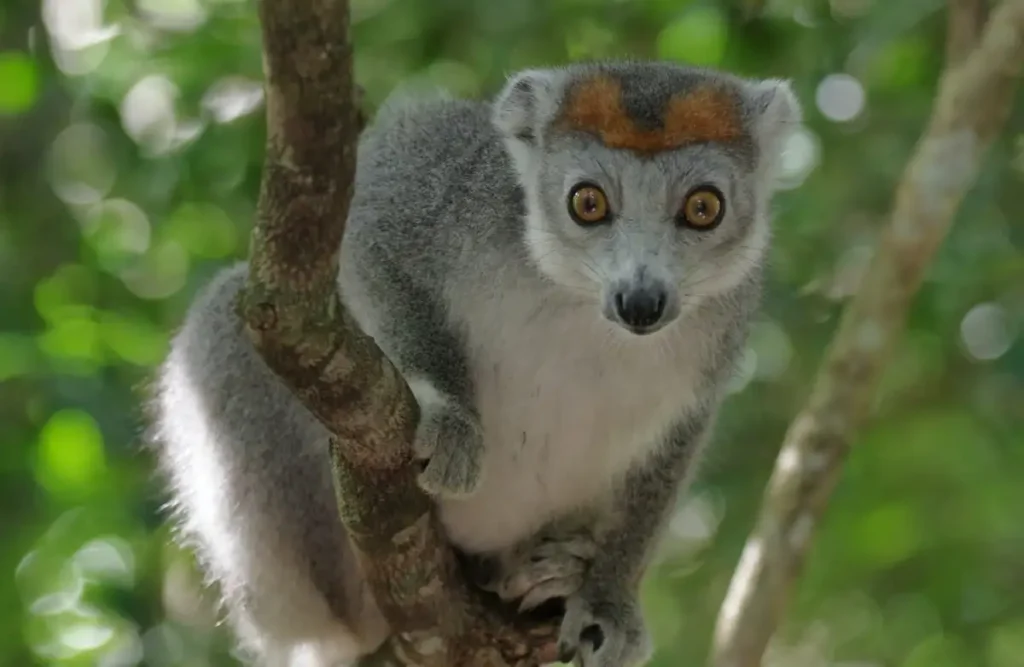
Madagascar, the fourth largest island in the world, is renowned for its extraordinary biodiversity. Approximately 90% of its wildlife is endemic, meaning these species are found nowhere else on Earth. This unique ecosystem makes Madagascar a critical location for conservation efforts and a fascinating destination for nature enthusiasts.
One of the most iconic creatures of Madagascar is the lemur. These primates, which are unique to the island, come in a variety of species, each adapted to different habitats and ecological niches. From the tiny mouse lemur to the strikingly beautiful ring-tailed lemur, these animals play a crucial role in maintaining the island’s ecological balance.
In addition to lemurs, Madagascar is home to a myriad of other unique species. The fossa, a carnivorous mammal resembling a small cougar, is the island’s top predator. Madagascar’s flora is equally remarkable, with over 12,000 species of plants, 70-80% of which are endemic. Among these are the famous baobab trees, known for their enormous trunks and longevity.
The island’s isolation from other landmasses for millions of years has allowed its flora and fauna to evolve independently, resulting in a high level of endemism. This makes Madagascar one of the world’s most important biodiversity hotspots. However, this unique biodiversity is under threat from deforestation, habitat destruction, and climate change. Conservationists are working tirelessly to protect Madagascar’s unique wildlife and habitats through various initiatives and protected areas.
Madagascar’s rich biodiversity not only makes it a haven for scientists and researchers but also a captivating destination for ecotourism. Visitors to the island can explore its rainforests, deserts, and coastal areas, encountering a wide array of unique species and landscapes. Ecotourism is increasingly being promoted as a way to support conservation efforts and provide sustainable livelihoods for local communities.
As the world becomes more aware of the importance of preserving biodiversity, Madagascar stands out as a prime example of the wonders that can be found in isolated ecosystems. The island’s unique wildlife and natural beauty continue to captivate and inspire, underscoring the need for ongoing conservation efforts to protect this irreplaceable treasure.




